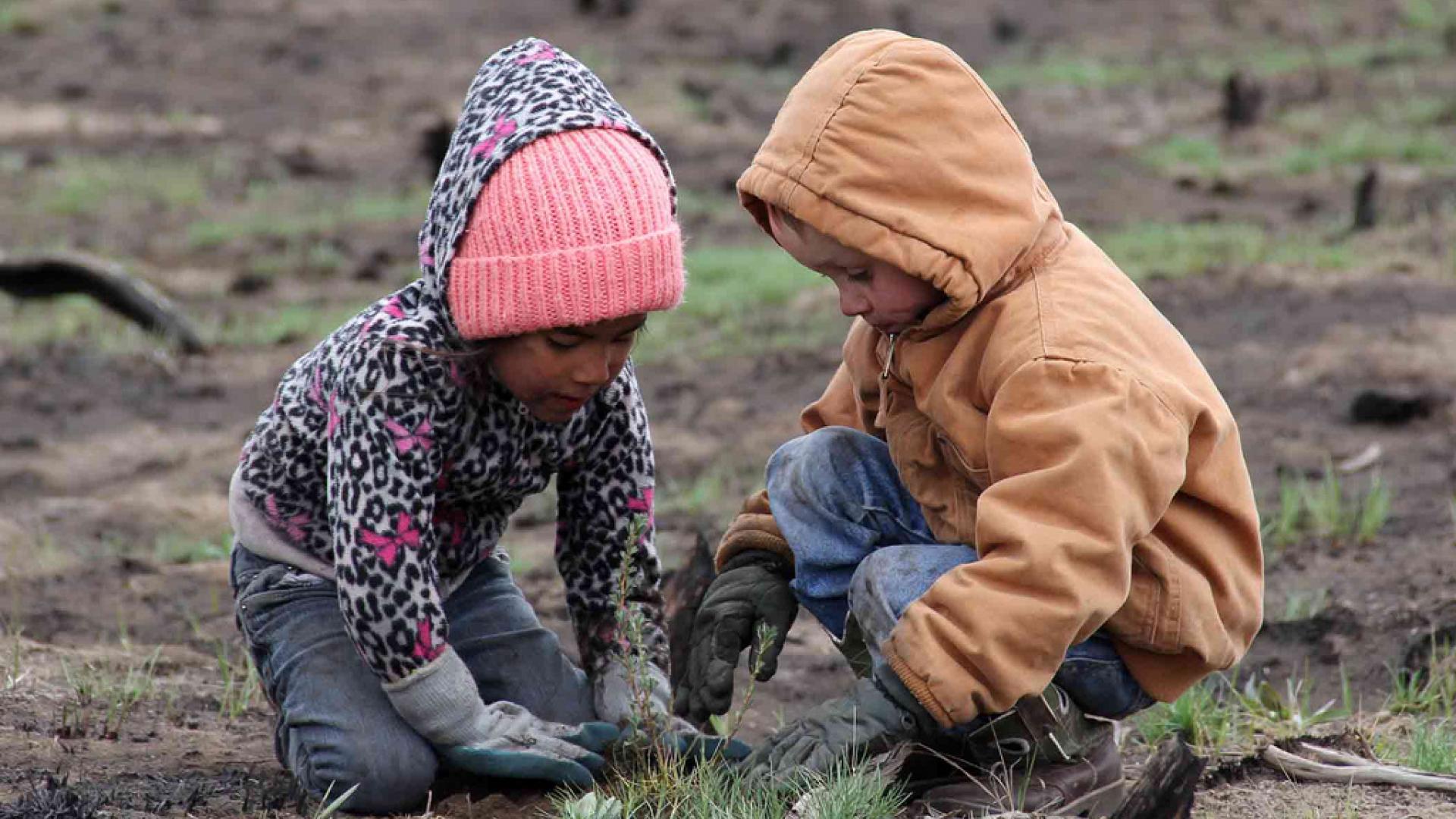In 2005, we wrote ‘The 21st Century Volunteer’, a report on the changing landscape of volunteering. At the time, there was a strong need from the third sector organisations we were working with to better understand the trends affecting volunteering in a rapidly changing society. We also wanted to drag our collective understanding of volunteering into the new century, where it so often seemed to be lagging behind its more innovative sibling fundraising.
In those nine years, the changes have continued apace and the time has come to update our research. Which trends are still salient? Which have fallen by the wayside? And which new factors are in play that none of us were even considering back when James Blunt was mercilessly dominating the UK charts?
We’ve been reviewing the key shifts of recent years, speaking to experts in volunteering and launched a brand new survey to pull together insights from those of you working on the frontline of volunteer management. While the research is still in progress, there are a number of early areas we’ve been thinking about.
The rhetoric and politicisation of volunteering
This manifested particularly in the ‘Big Society’ motif of the early Coalition government, but there has long been a strong political interest in how volunteering is to be encouraged and the role it has to play in civic life and public services. Did anything change from the New Labour-Coalition era? Or has volunteering always had a political dimension?
The 2012 Olympics and the ‘new volunteering’
The public celebration of the volunteers who helped make the Games such a success was part of a strategy to give volunteering a ‘facelift’. It was widely heralded in politics and the media as ushering in a new era of civic engagement. Did it work? If so, were the benefits evenly felt? Or was it all a bit of a false dawn?
The recession and government spending cuts
Public services have been hit hard, apparently paving the way for Big Society participation (libraries kept open by volunteers spring immediately to mind), while charity services have been equally threatened as wages drop. At the same time, unemployment has risen, theoretically making more people available to volunteer and seeing them more dependent on unpaid opportunities to gain experience and skills.
Meanwhile, those lucky enough to be in work have been working harder than ever to make ends meet. How has this affected the quality and quantity of volunteering? And how do these conflicting economic imperatives change the nature of voluntary engagement?
Demographic change
As the UK ages, baby boomers retire, marriage and child-rearing are pushed back and teens and young adults spend ever-longer breaking into the jobs market, how do organisations need to change the way they reach out to potential volunteers? Our finances, time and obligations change considerably throughout our lives and the ‘typical volunteer’, if she ever existed, looks very different in 2014.
Technological change
Since 2005, Facebook, Twitter and Instagram have taken over the world and smartphones and tablets have become essential. How do changes in communication and networking impact volunteering recruitment, engagement and retention, and how should they?
More specifically:
Volunteer expectations and motivation
In 2005, we talked of the rise of ‘selfish altruism’ in volunteering, the idea that it was no longer possible to rely on finding the time-rich volunteer with few personal demands. After all, whether you’re a graduate volunteering to gain skills for your CV, a new retiree seeking to pass on professional knowledge or someone whose life was changed by an experience with cancer or Alzheimer’s who wants to meaningfully support others, your motivations and expectations are highly individual.
Volunteer management in most organisations therefore requires a more tailored and flexible approach than ever, many interviewees told us. The time people have to offer and what they require from the experience has changed and will keep on changing throughout their lifetime. How can we ensure both organisations and volunteers are well served by the relationship?
The professionalisation of volunteering
Volunteering has become integral to many organisations in all areas, from fundraising to service delivery. The competition is not just between individual charities but between charities and the myriad of leisure opportunities and responsibilities staking a claim for our time. Recruitment, training, supervision and role definition is in many cases no less complex and demanding than for paid staff.
Many interviewees talked of this professionalisation as a double-edged sword. The recognition that volunteers are not supplementary but often a crucial pillar of success weighed against the difficulties of keeping your organisation fit to manage this valuable resource.
These are big shifts and we hope to understand not just which trends are significant now, but also what’s on the horizon. To gather insights from those who really are in the know, we’ve created a survey for managers and leaders of volunteers (in any capacity) and it’s really important that we get your input.
Please click here to take part and let us know what’s relevant from where you stand. We’d also love for you to link to it and share with others.
We’re looking forward to hearing from you, so let us know what’s on your agenda:
- What are the most significant factors affecting contemporary volunteering in your experience?
- What are the biggest challenges for volunteer managers and organisations that rely on volunteers over the next 5-10 years?
- And, crucially, are volunteer-involving organisations ready? What’s the one thing your organisation needs to recognise and take action on to really harness the potential of volunteering?

